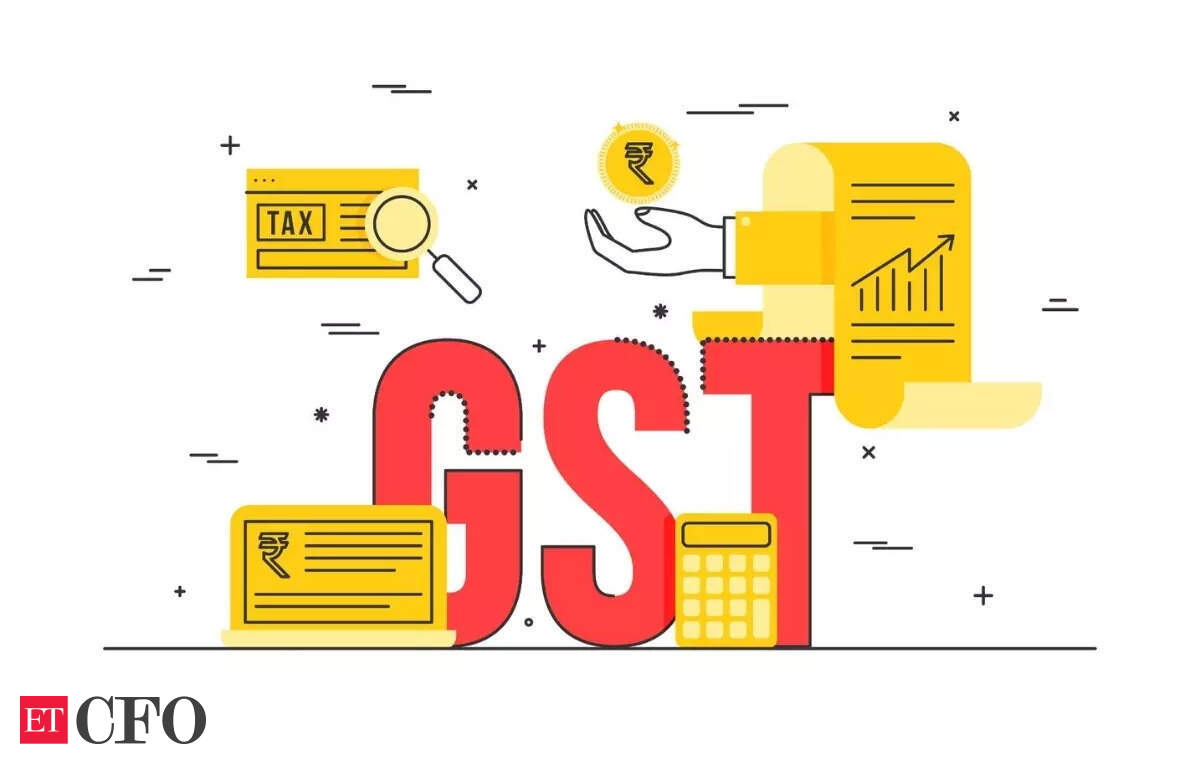The Union Cabinet on Friday approved the new Income Tax Bill, reported PTI citing sources. The bill, which will replace the Income Tax Act, 1961, aims to simplify and modernise India’s tax system. It will also simplify legal language so that taxpayers can easily understand the provisions.
The bill will not introduce new taxes. Instead, it will focus on simplifying tax laws, reducing legal complexities, and making compliance easier for taxpayers, confirmed the finance secretary on Thursday.
It will have shorter sentences, provisos and explanations. The government has also said that the new law will be 50% shorter than the current one. A major goal is also to reduce litigation.
The bill may introduce lower penalties for certain offences, making the tax system more taxpayer-friendly.
The bill was announced by Finance Minister Nirmala Sitharaman in her budget speech on February 1.
The new tax system will take effect from the financial year 2025-26. It will apply to taxpayers from the assessment year 2026-27.
These are the new income tax slabs as announced by Sitharaman during the budget presentation.
What is expected in the bill?
Currently, there are multiple tax regimes applicable in case of various taxpayers (such as companies, individuals, Hindu Undivided Family (HUF) Association of Persons (AOPs) Body of individuals (BOIs), co-operative societies, etc.). IT is expected that the new bill will converge to a single tax regime with an objective of reducing overall compliance burden and providing tax certainty, Bhargav Selarka, Tax Partner EY India said. He further said that there could be a simplification and rationalisation of withholding tax provisions.
The current law has several anti-abuse provisions which are resulting in unintended consequences for genuine and bonafide transactions. The new bill may mention the exceptions to anti-abuse provisions which would result in ease of doing business and reduced litigation.
There are a host of provisions in the current law which are obsolete/ redundant to the extent that they are no longer valid/ applicable. Deletion of such provisions will make the income-tax law in India more precise and objective, thereby, reducing scope for multiple interpretations.
Visit www.cagurujiclasses.com for practical courses









